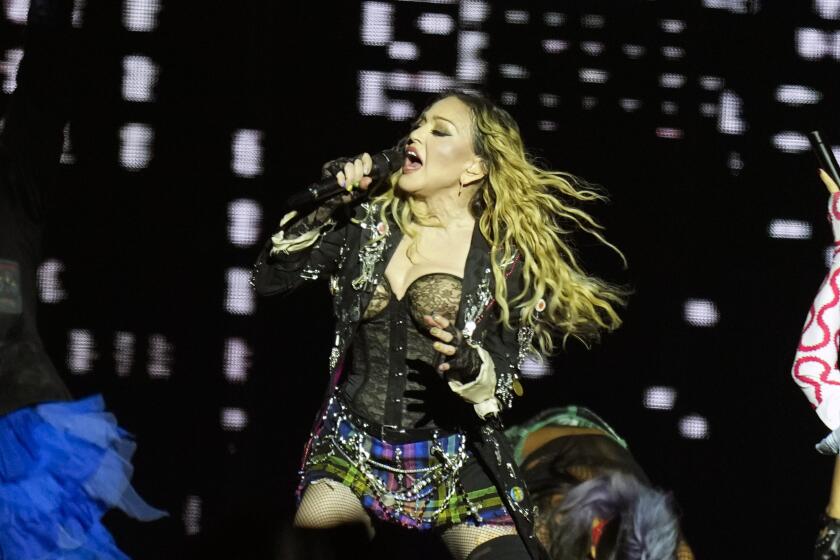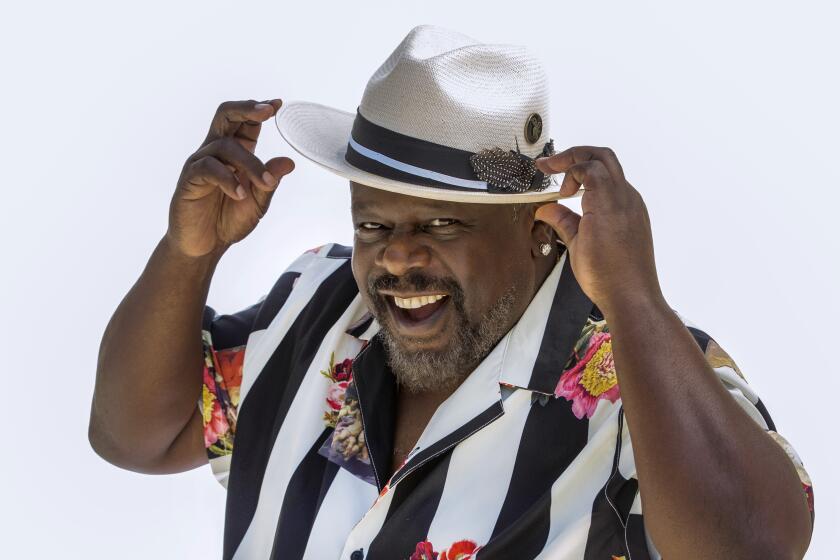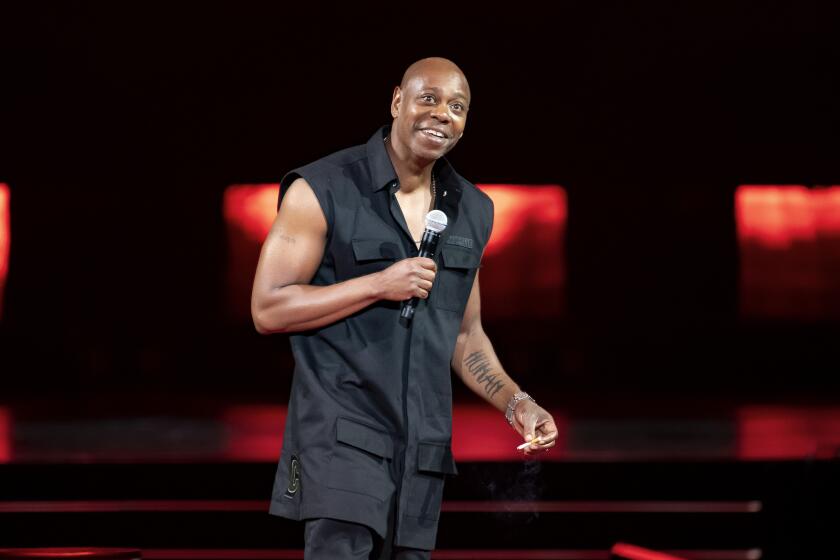Ovitz Questioned on CAA Payments
Former Walt Disney Co. President Michael Ovitz on Thursday testified that the $28 million his former talent agency paid him after he joined Disney did not pose a conflict of interest.
Attorney Steven Schulman, representing shareholders in a lawsuit against Disney directors, questioned Ovitz in Delaware Chancery Court about whether the payments from Creative Artists Agency were proper. Ovitz received the money as part of the sale of his agency before he took the Disney post in 1995. Ovitz was fired 15 months later.
Ovitz said that despite his title of president, his clout had been so diminished by Chief Executive Michael Eisner and other top executives that he wouldn’t have been able to steer business toward CAA or any of his former clients even if he had wanted.
“It would have been absolutely impossible for me to do anything with my former agency,” Ovitz said. “There were too many checks and balances at the company, notwithstanding the fact that I had no authority.”
The shareholders are attempting to show that Ovitz was guilty of gross negligence at Disney, giving directors a reason to deny him a severance that then totaled $140 million in stock options and cash. In all, the plaintiffs are seeking to recoup $200 million in payments and interest for Disney’s coffers. Ovitz ended up reaping $109 million because some of his options expired.
Schulman asked Ovitz why he did not disclose the continuing payments from the sale of his talent agency when he signed a conflict-of-interest statement in October 1995. The former top Hollywood agent said the terms of the sale had been reported in the media. “The entire community knew the deal we made,” he said.
Ovitz and his two partners, Ron Meyer and Bill Haber, sold the agency for $180 million to a group of junior agents, with payments spread over four years. Ovitz received 55% for his stake.
An Ovitz spokesman said executives of the Burbank entertainment giant were aware of the payments and raised no objections. He said the sale was structured to eliminate any conflicts.
In further cross-examination, Schulman sought to cast doubt on Ovitz’s business judgment, targeting his luring of television programmer Jamie Tarses to Disney’s ABC network from NBC, where she had overseen such hits as “Friends.”
Schulman asked Ovitz whether he was responsible for media reports that Tarses had been sexually harassed by Don Ohlmeyer, who then headed NBC’s West Coast operations. Many at NBC believed Ovitz orchestrated the reports to force NBC to let Tarses out of her contract. Ohlmeyer, who denied the harassment allegations, lashed out publicly at Ovitz, calling him “the antichrist.”
Schulman showed Ovitz a handwritten note in which Jack Welch, then chief of NBC parent General Electric Co., complained to Eisner about the controversy.
“The stuff on the West Coast is below you,” Welch wrote. “Knowing you, I just can’t believe you let him [Ovitz] do it.”
Ovitz said he felt “horrible that ABC and Disney got dragged into” the personal dispute between the two NBC executives and said it was “absolutely 100% untrue” that he had leaked reports to the media.
The former Disney president also was asked about the movie “Kundun,” directed by his longtime client Martin Scorsese. The film about Tibet’s Dalai Lama angered top Chinese officials, becoming an embarrassment for the Disney company.
Ovitz said former studio chief Joe Roth, not he, approved the movie and that the controversy proved to be a “tempest in the teapot” that “didn’t do anything to hurt our relations in China.”
More to Read
The biggest entertainment stories
Get our big stories about Hollywood, film, television, music, arts, culture and more right in your inbox as soon as they publish.
You may occasionally receive promotional content from the Los Angeles Times.







